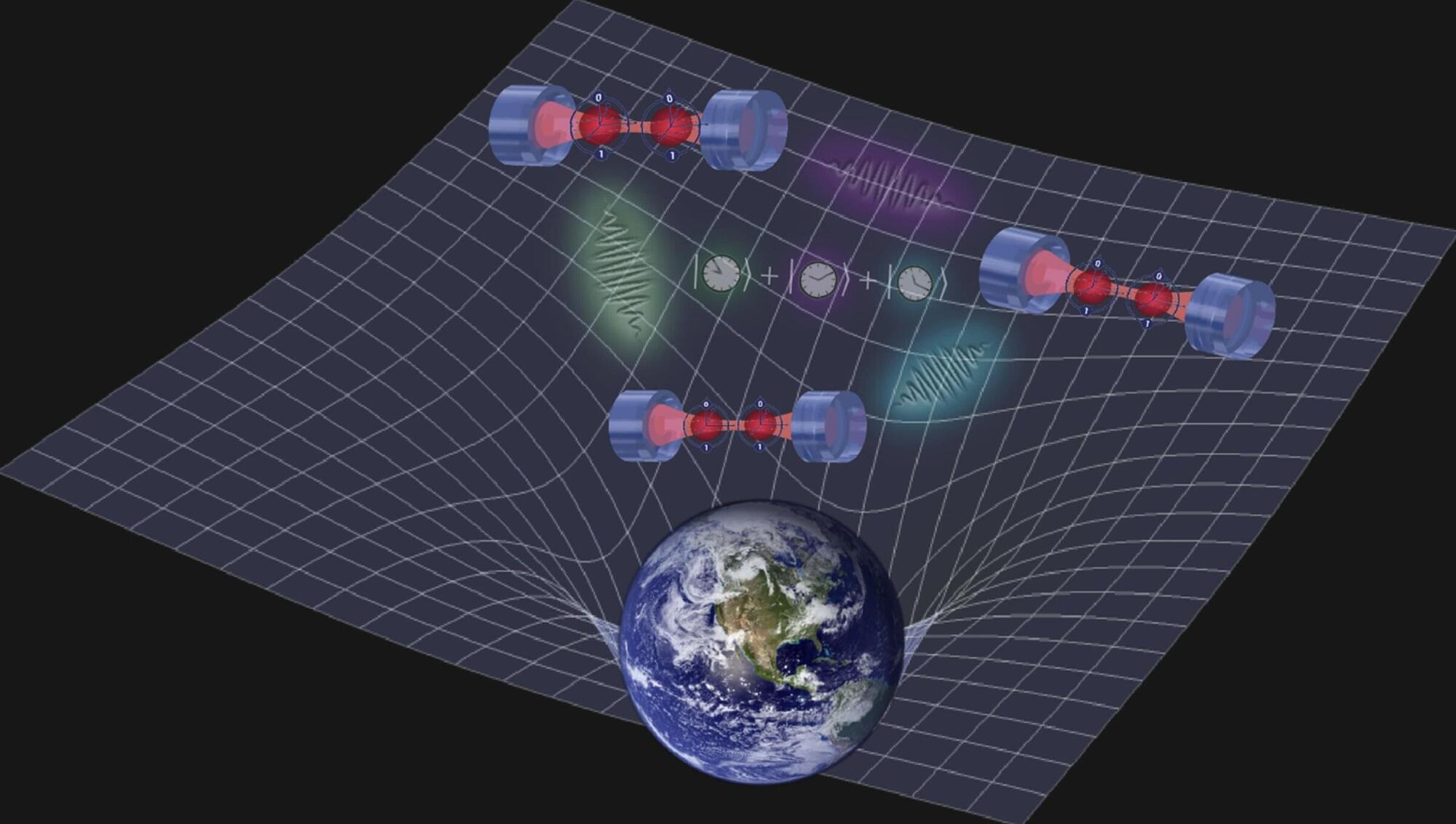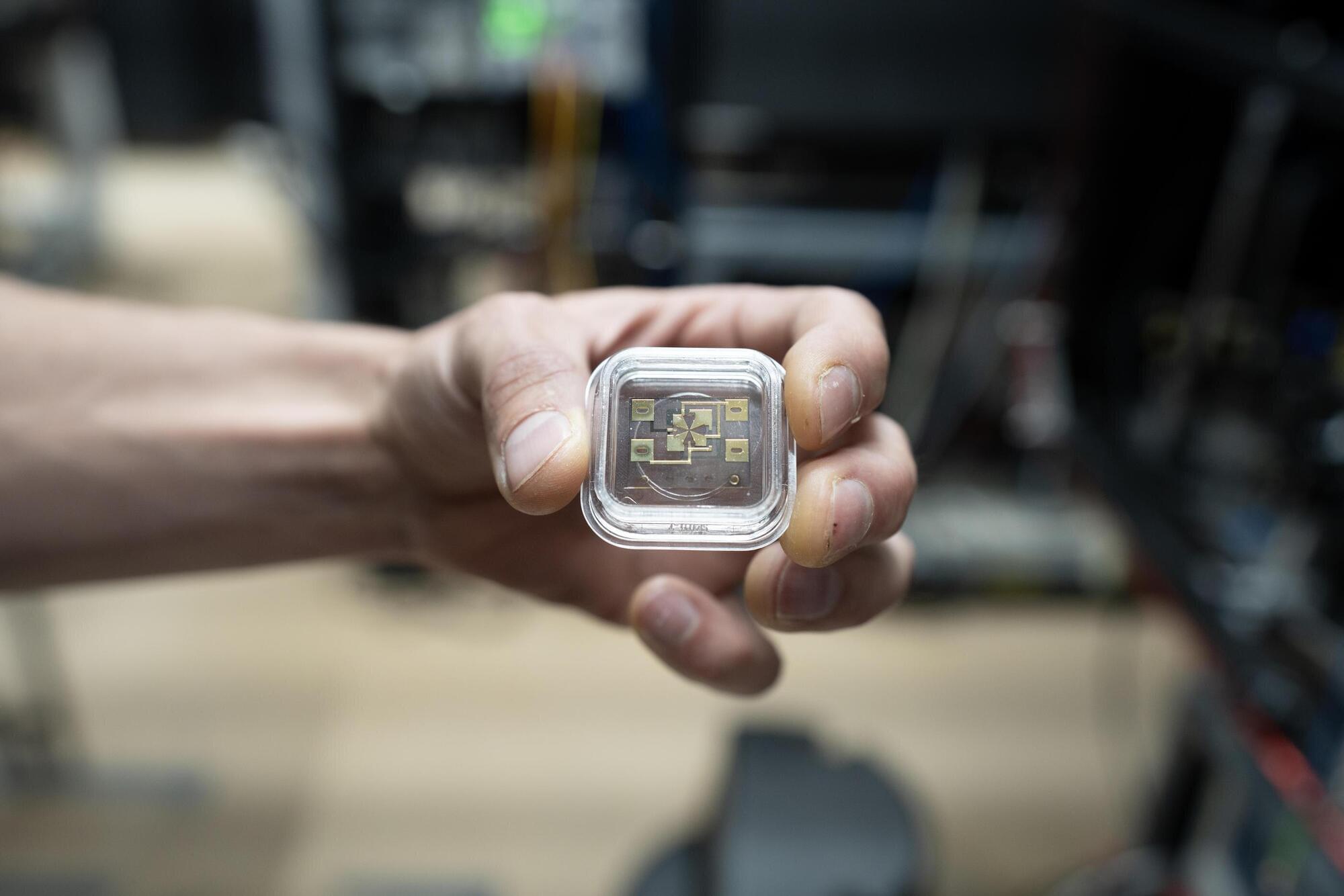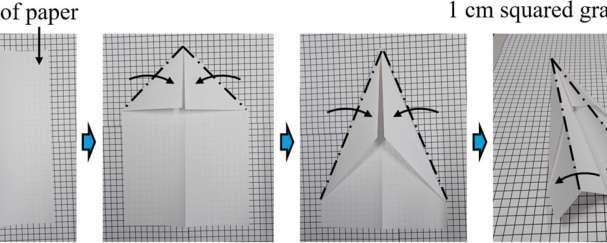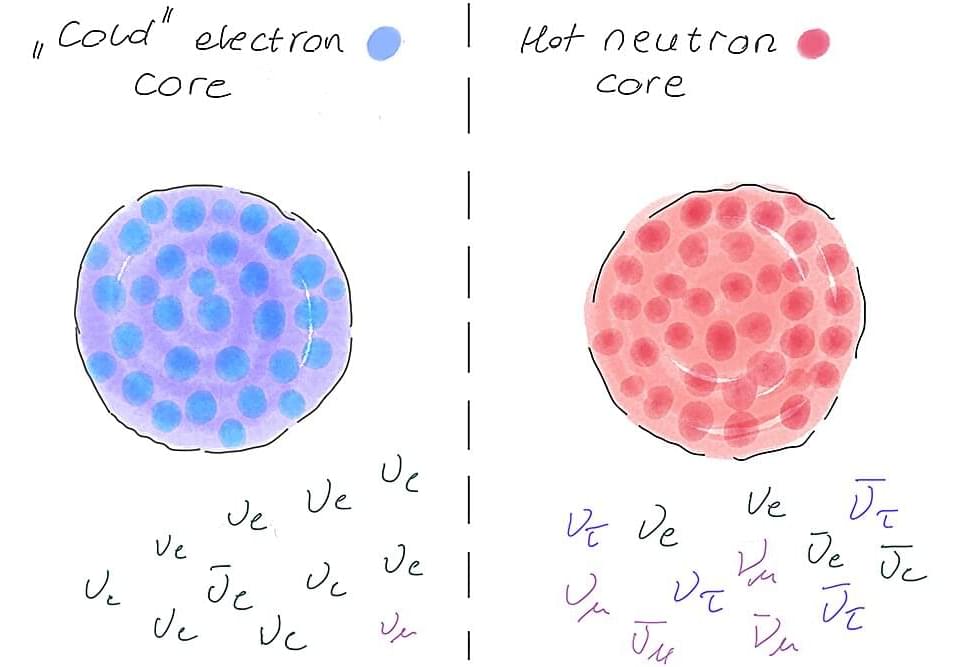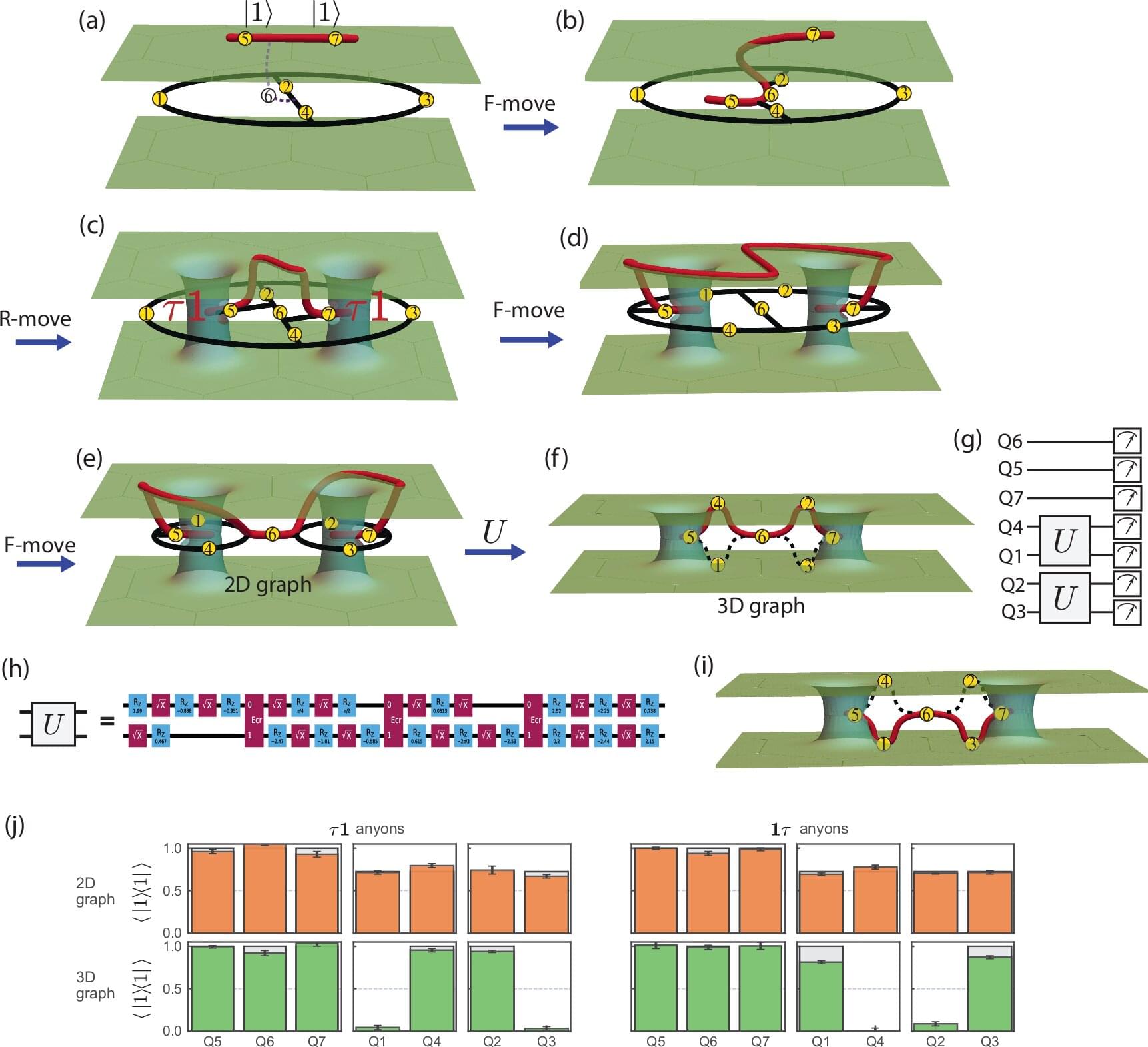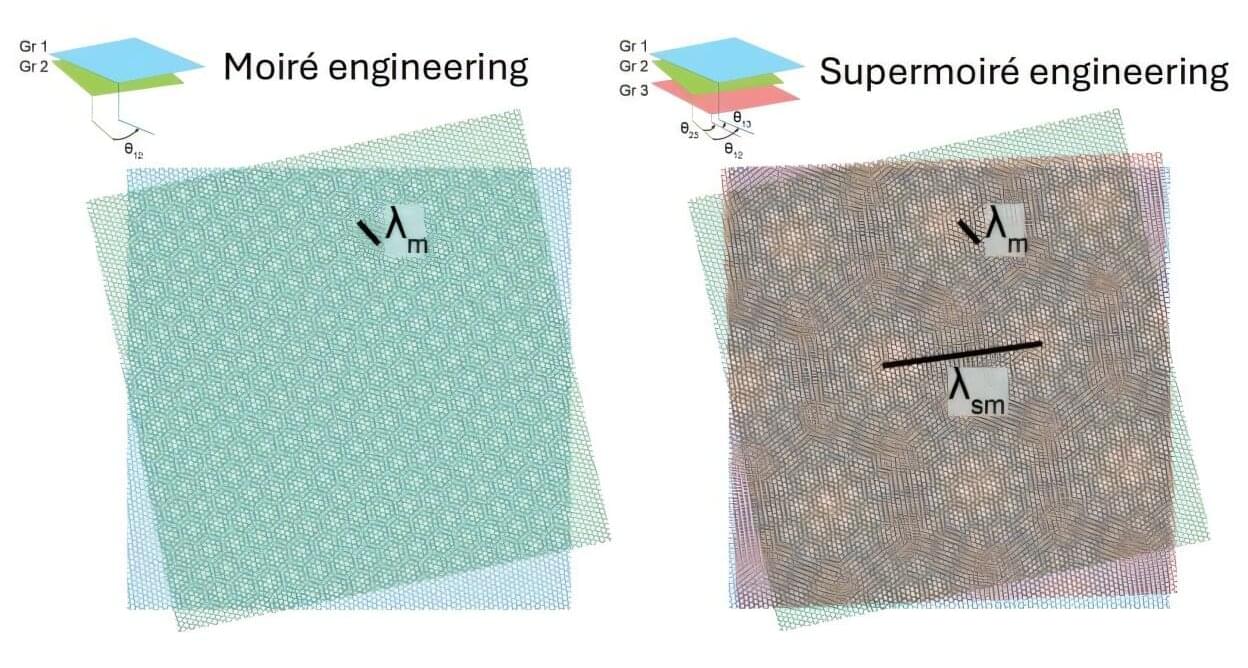Quantum networking is being rapidly developed world-wide. It is a key quantum technology that will enable a global quantum internet: the ability to deploy secure communication at scale, and to connect quantum computers globally. The race to realize this vision is in full swing, both on Earth and in space.
New research, in collaboration between Igor Pikovski at Stevens Institute of Technology, Jacob Covey at the University of Illinois at Urbana-Champaign and Johannes Borregaard at Harvard University, suggests that quantum networks are more versatile than previously thought.
In the paper titled “Probing Curved Spacetime with a Distributed Atomic Processor Clock”, published in the journal PRX Quantum, the researchers show that this technology can probe how curved space-time affects quantum theory —a first test of this kind.
